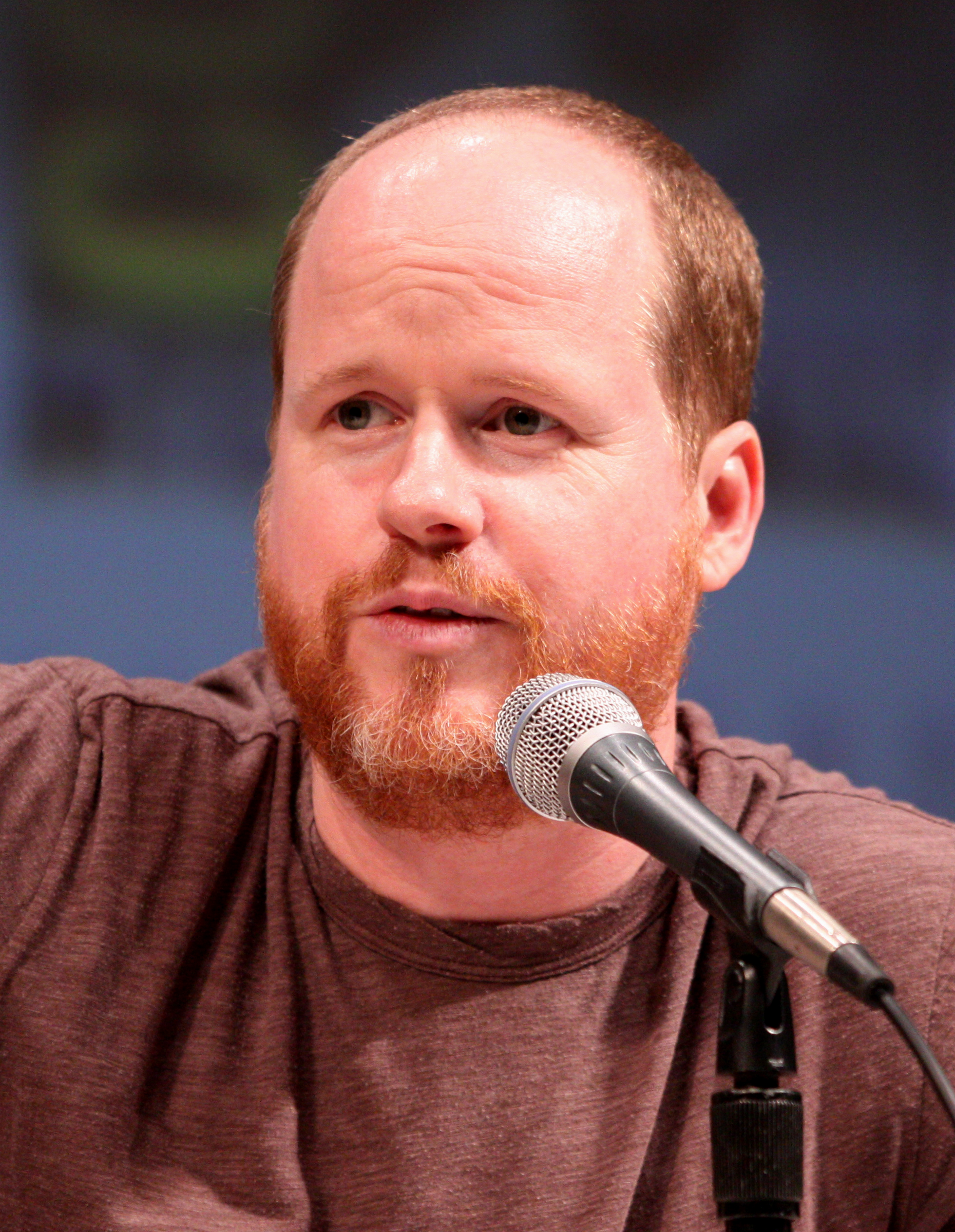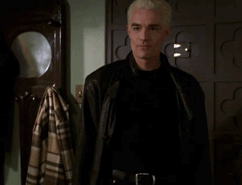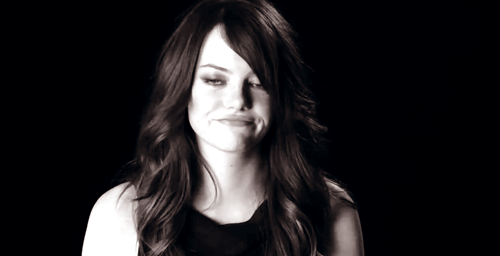
Joss Whedon will hurt everyone you love.
The other day I was talking to Walt about the new draft I’m working on, and how I’m excited to get to a certain part, in which everything will go wrong for the main character. “No joy for anyone!” I exclaimed.
I don’t think this is an unusual cry for authors. We need to push our characters into tough situations and make them confront their own fears/judgments/faults. Otherwise we’d all be writing stories about happy puppies who take a nap and smell flowers. (Actually, that sounds pretty good…)
One author who understands the necessity of making bad things happen: Joss Whedon (aka, Light of My Life, Yoda, etc.). The First Novels Club has a fantastic post about “The Joss Whedon Effect” and how Whedon (and authors like him) don’t always give characters happy endings:
“…I love unpredictable authors.
In their books, no one is safe. Happy endings aren’t guaranteed, and there’s a good chance a book will break your heart, even if it cobbles the pieces back together…Life can be unfair to good people, and good people can make terrible, terrible choices (and suffer the consequences)… If you’re lucky, his characters get a happy-ish ending that’s entirely different from what you hoped for. But it’s totally right, because what happiness he gives them, they’ve earned.”
I love this sense of “no one is safe.” If you know a character is never going to lose anything, the story can feel flat and boring. But knowing that a character could put his loved ones in danger or jeopardize her morals makes the story way more compelling. You’re worried about the character; you understand just what’s at stake; you know that this could all work out really, really badly. For example, in Serenity a certain character is killed toward the end of the movie. It’s sudden and pretty unexpected, and after that I spent the rest of the movie thinking “Oh my lord, they are ALL GOING TO DIE.” Okay, so not everyone dies, but killing off this character really raised the stakes for the rest of the movie. It’s so freaking sad and I still get emotional thinking about it, but it had to happen. (Damn you, Whedon!)
And this isn’t just about vampires or the apocalypse. Even characters in quiet contemporary need to be pushed to their limits. Maybe they make bad choices or lose loved ones or fail miserably at something. Because that stuff happens in real life, too, and can push your character toward real growth and change.
I know this is something I need to work on, and it’s something I’ve seen in other writers’ drafts–we stop just shy of really pushing our characters and our books to those tough limits. To making our characters make the hard choices, to dragging them down to their worst levels, to putting them in tough situations without an easy (or even clear) way out. So try to push your characters a little further. Make them really suffer before they earn that happy ending (or not!). It may seem cruel or hard, but it’s worth it in your story. Dare to be an unpredictable author!
(image: Joss Whedon at the 2010 Comic Con in San Diego, by Gage Skidmore via Wiki Commons)



